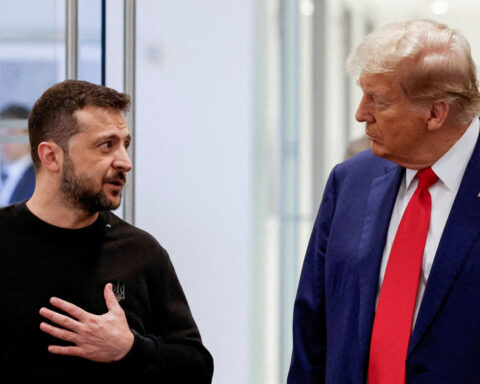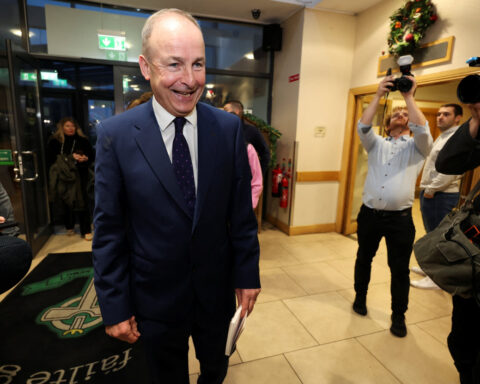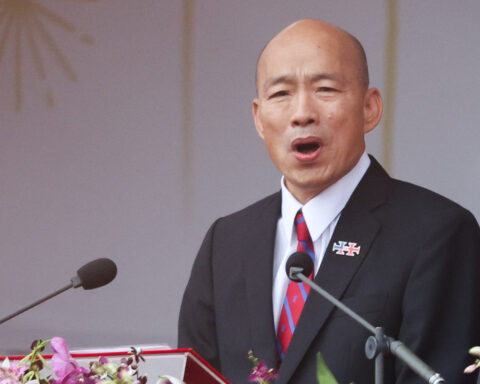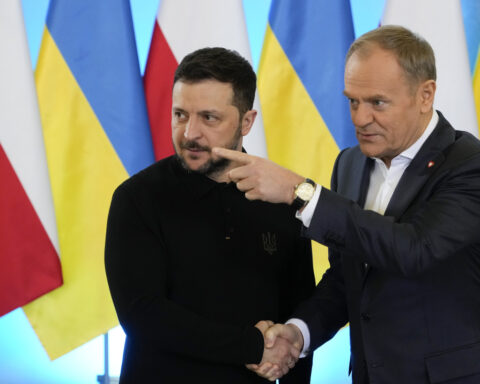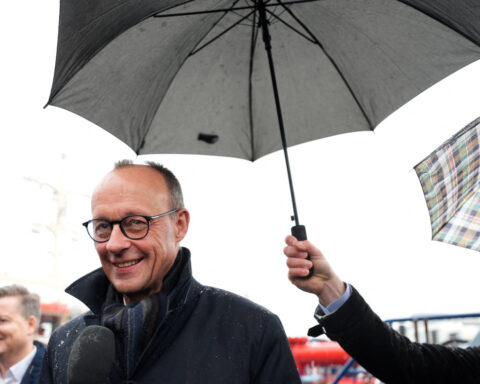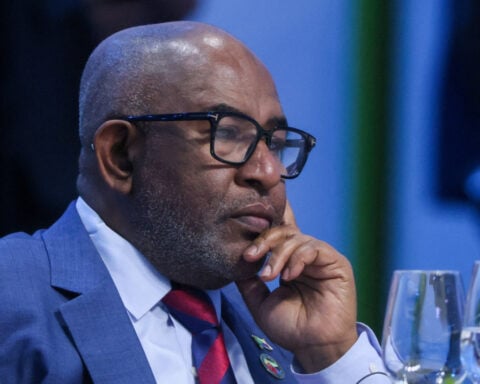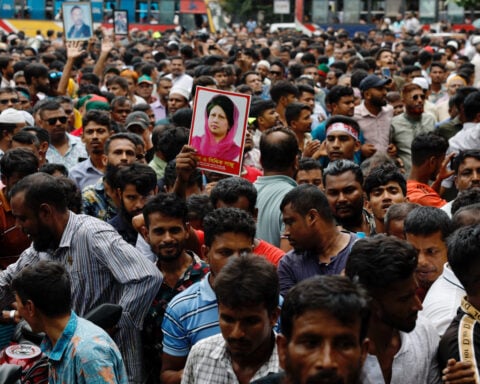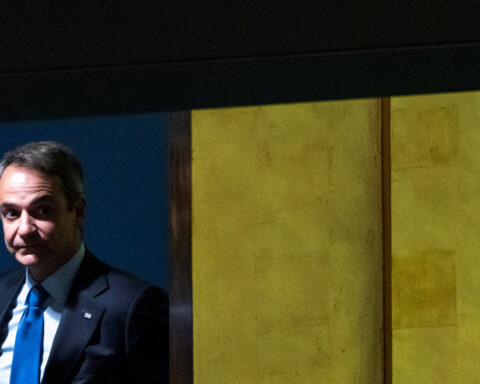Every four years, the Iowa caucuses find new ways to become a problematic part of the presidential nomination process. Democrats have abandoned the Iowa-first tradition, at least for 2024, but Republicans went full speed ahead with the caucuses on Jan. 15, 2024.
If they were being honest, most politicians and political experts who are not from Iowa – and not planning to curry favor with Iowans someday – would concede that this caucus-first system is far from the best way to start to select a presidential nominee, especially considering the low voter turnout in an overwhelmingly white state. But changing old, familiar processes is never easy, particularly during these highly contentious times.
Even so, candidates who talk about the traditional first caucus state sometimes make a political misstep by being honest.
Earlier this month, Republican candidate Nikki Haley dissed Iowa, telling a New Hampshire audience that their state primary that occurs after the Iowa caucuses would correct the mistakes made in Iowa. “You know Iowa starts it,” she said. “You know that you correct it.”
That’s the sort of thing a candidate trying to do well in Iowa says after the caucuses – not before.
With such honesty, it’s not surprising that former President Donald Trump earned 51% of the vote while GOP rivals Ron DeSantis could muster only 21% and Nikki Haley 19%. Further helping Trump was the shrinking field of GOP candidates that saw former Vice President Mike Pence, former New Jersey Gov. Chris Christie and U.S. Senator Tim Scott of South Carolina all drop out before the caucuses.
Iowa’s upside for long-shot candidates
Iowans, as well as residents of the traditional first primary state of New Hampshire, try to argue that their small-state selection processes represent some of the last vestiges of Norman Rockwell’s America, where deliberate, sober voters offer a grateful nation the carefully considered assessments of candidates that come from community meetings too numerous to count.
That part of the argument is largely true – caucusgoers and voters in both states seem to take the process of evaluating potential presidents very seriously.
Fans of the Iowa caucuses also note that lesser-known candidates can compete without having huge campaign war chests or political experience. But how is being inexperienced in government or being unpopular with party donors considered a good things for selecting presidents?
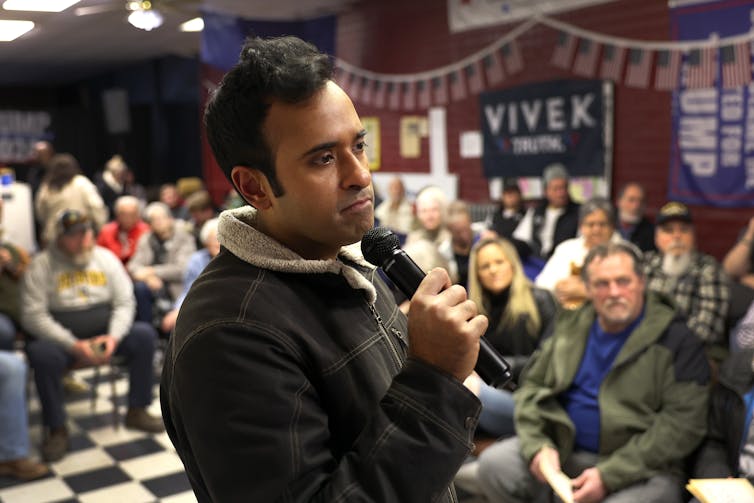
This year, Republican entrepreneur Vivek Ramaswamy’s star faded quickly, and he failed to qualify for the final pre-Iowa debate hosted by CNN at Drake University in Des Moines. Ramaswamy could only pull in 7% of Iowa caucus voters despite his boasts of visiting each of Iowa’s 99 counties, a feat officially known as a “full Grassley,” named for Iowa Sen. Chuck Grassley.
That’s part of a pattern for previous shooting stars in Iowa, including Pete Buttigieg in 2020, Ben Carson in 2016, Rick Santorum in 2012, Mike Huckabee in 2008 and Howard Dean in 2004.
They didn’t last all that long after Iowa. And in some cases, they began to flame out before the caucuses.
Modern-day media realities
Despite all the small-town narratives, Iowa’s caucus season increasingly has become a media-saturated process just like everything else in American politics.
And running in Iowa costs far more than in the past.
In the 2024 presidential campaign, Republican campaigns spent more than US$100 million on 2024 Iowa caucuses advertising, which amounts to about $600 for every Republican caucus participant. In the 2020 presidential campaign, the total amount of ad spending was $44 million – and that included spending from Democratic and Republican candidates.
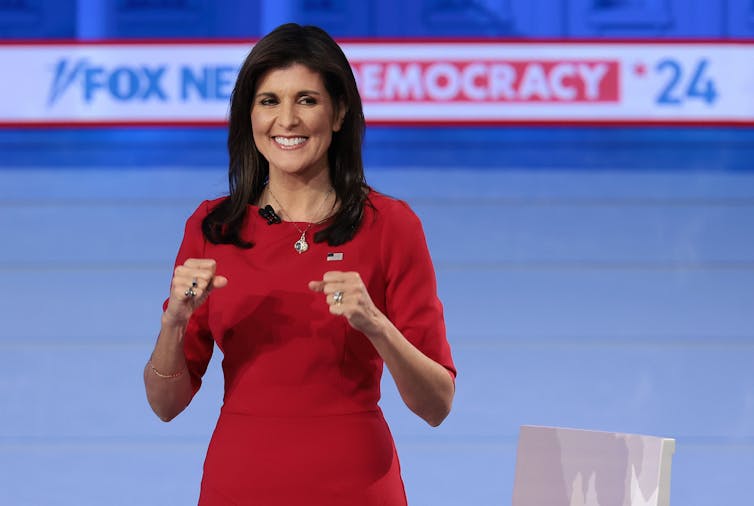
The media’s outsized role involves more than just receiving inflated campaign spending. The fact that reporters focus on horse-race dynamics and downplay issues has long been a problem that diminishes interest and voter turnout, as media scholar S. Robert Lichter and I demonstrated in our 2010 book “The Nightly News Nightmare.”
Those who defend Iowa and New Hampshire say they are more accessible to lesser-known and inexperienced candidates, but national polling and fundraising, as well as media coverage, are increasingly used as criteria determining who can effectively participate in these small-state processes and who can’t.
Long-standing flaws
Another problem with Iowa is the low level of turnout, despite the state’s privileged position. The largest Republican caucus turnout was 180,000 voters in 2016, and the best year for Democratic turnout was 240,000 voters in 2008, when Barack Obama defeated Hillary Clinton.
Neither number is all that impressive in a state with a population of nearly 3 million people and about 2 million registered voters, of whom about 630,000 are registered Republicans. If Iowa switched to a primary, which would allow a daylong window for voting, evidence demonstrates there would be a lot more participation. Here’s why.
With limited exceptions, Iowa caucuses require a voter to appear in person during the evening in the middle of winter. This year, that meant at 7 p.m. on an evening that hit below-zero temperatures and heavy snow. Even for Iowans accustomed to the cold, turnout was lower as a result.
But unlike a caucus, a primary allows a person to devote only a few minutes to vote via mail or in person at a convenient time and place.
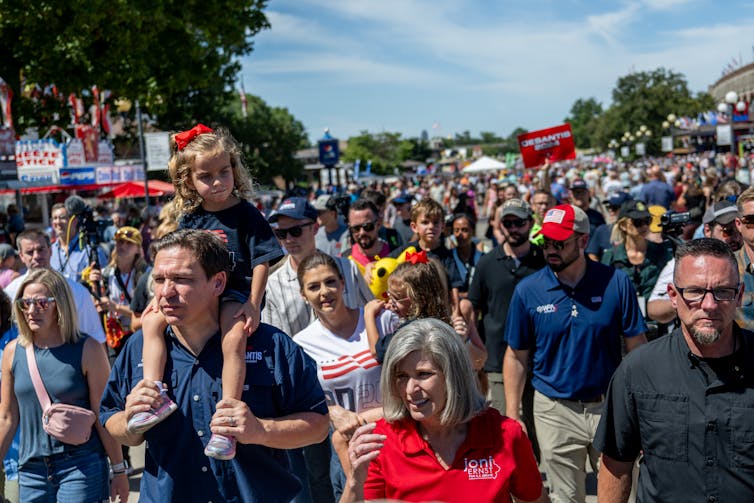
Aside from the convenience factor, the major problem with the Iowa caucuses is that the state does not remotely look like America.
According to the U.S. Census Bureau, the vast majority – 88% – of Iowans are white. For the U.S. as a whole, that figure is about 75%. What that means is that caucus results may not be reflective of the nation as a whole but merely a snapshot of a certain small-town, folksy part of America.
Vote-counting delays
Maybe some of these problems could be excused if the process worked well.
Unfortunately, it does not.
Despite decades of experience in running caucuses, Iowa has demonstrated that it frequently cannot count. The New York Times described the 2020 Iowa caucuses as an “epic meltdown,” as results were not finalized for days.
The 2024 process went smoothly, but the 2020 caucuses weren’t the first to have problems. The 2012 Republican contest also suffered from counting misfires that took two weeks to resolve.
A delay in reporting results is not necessarily a bad thing. One wants to ensure accuracy, and delays of days for election results are normal in closely fought contests. But Iowa has demonstrated that its caucuses seem to generate more problems when it comes to reporting results than primaries do.
Democrats abandoned the 2024 Iowa caucuses following the 2020 mess there and perhaps in part because President Joe Biden could hardly feel positively about the caucus system after his fourth-place finish there in 2020.
This year, the Democratic process effectively bypasses Iowa and New Hampshire and starts with the South Carolina primary.
A possible alternative?
How might one fix these issues?
Well, scholars suggest a range of alternatives, including a one-day, nationwide primary, a small-state-first system that groups states of similar population sizes, or perhaps a series of five or so multistate regional primary contests, with the order of the regional groups determined by lottery.
None of these alternatives seems likely to happen, though, and that means the various problems with the Iowa caucus process will continue, regardless of which party is conducting one.

Stephen J. Farnsworth does not work for, consult, own shares in or receive funding from any company or organization that would benefit from this article, and has disclosed no relevant affiliations beyond their academic appointment.
Source: The Conversation

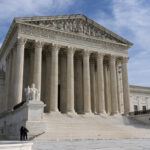 Supreme Court will hear Texas anti-pornography law that challengers say violates free-speech rights
Supreme Court will hear Texas anti-pornography law that challengers say violates free-speech rights
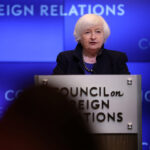 Yellen defends COVID spending, says it saved millions from losing jobs
Yellen defends COVID spending, says it saved millions from losing jobs
 Futures flat on caution ahead of bank earnings, key inflation data
Futures flat on caution ahead of bank earnings, key inflation data
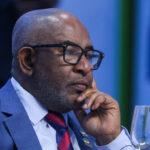 Comoros ruling party wins parliamentary elections, opposition rejects results
Comoros ruling party wins parliamentary elections, opposition rejects results
 Sweden seeks to change constitution to be able to revoke citizenships
Sweden seeks to change constitution to be able to revoke citizenships
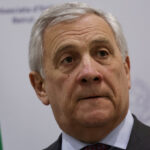 Italy protests to Venezuela over arrest of NGO worker
Italy protests to Venezuela over arrest of NGO worker
 Coors Light is changing its name
Coors Light is changing its name
 Tiger Woods’ son Charlie chuckles while watching his dad suffer heavy defeat in TGL debut
Tiger Woods’ son Charlie chuckles while watching his dad suffer heavy defeat in TGL debut
 Bayern Munich signs US youngster Bajung Darboe from LAFC
Bayern Munich signs US youngster Bajung Darboe from LAFC
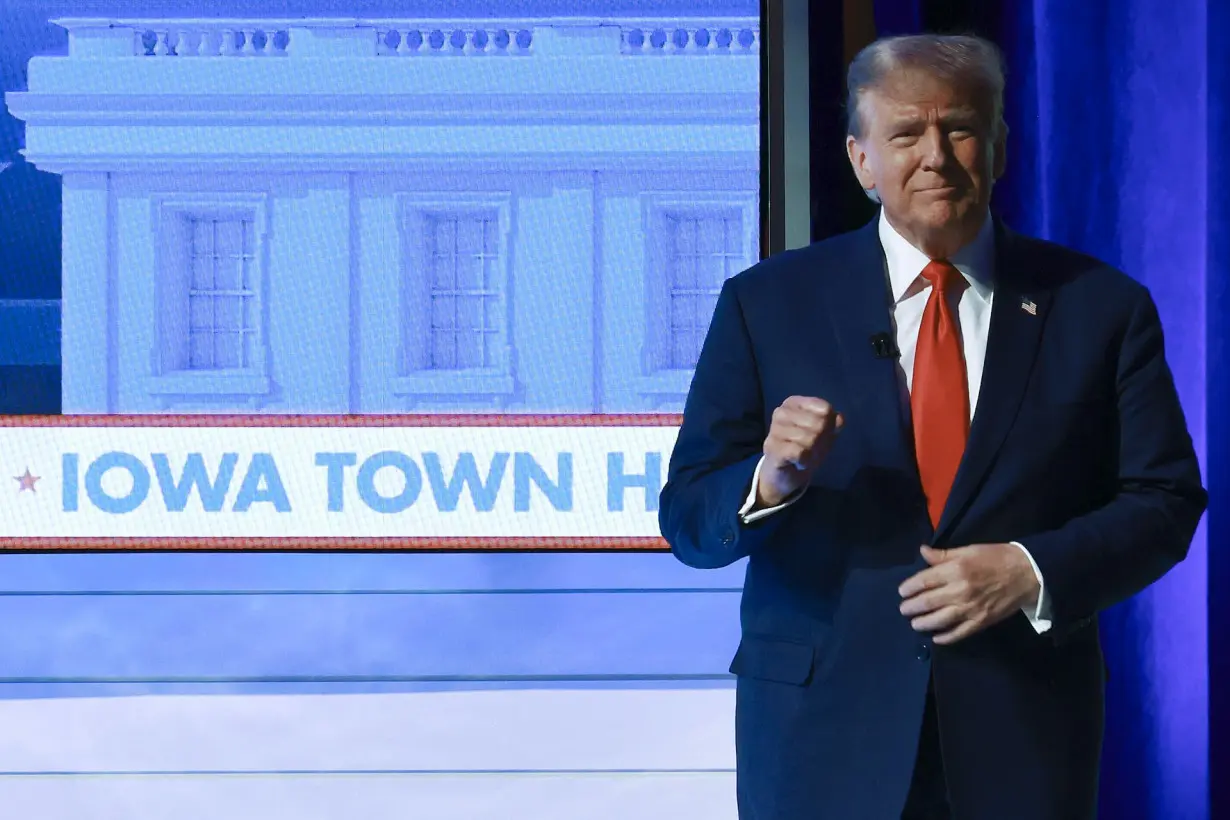 Republican presidential candidate Donald Trump appears at a Fox News town hall in Des Moines, Iowa on Jan. 10, 2024.
Republican presidential candidate Donald Trump appears at a Fox News town hall in Des Moines, Iowa on Jan. 10, 2024.
